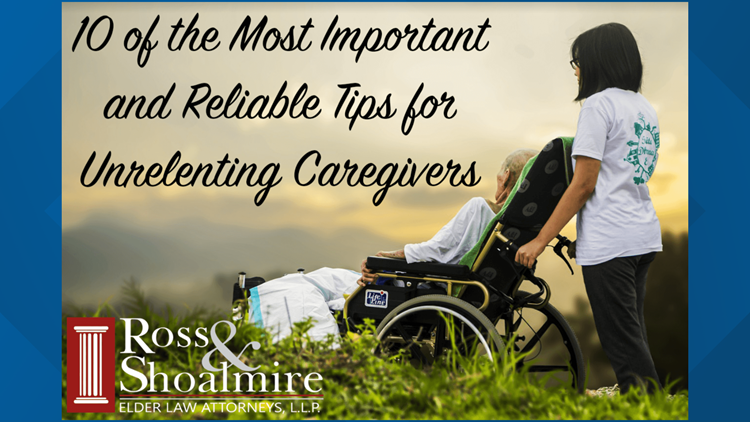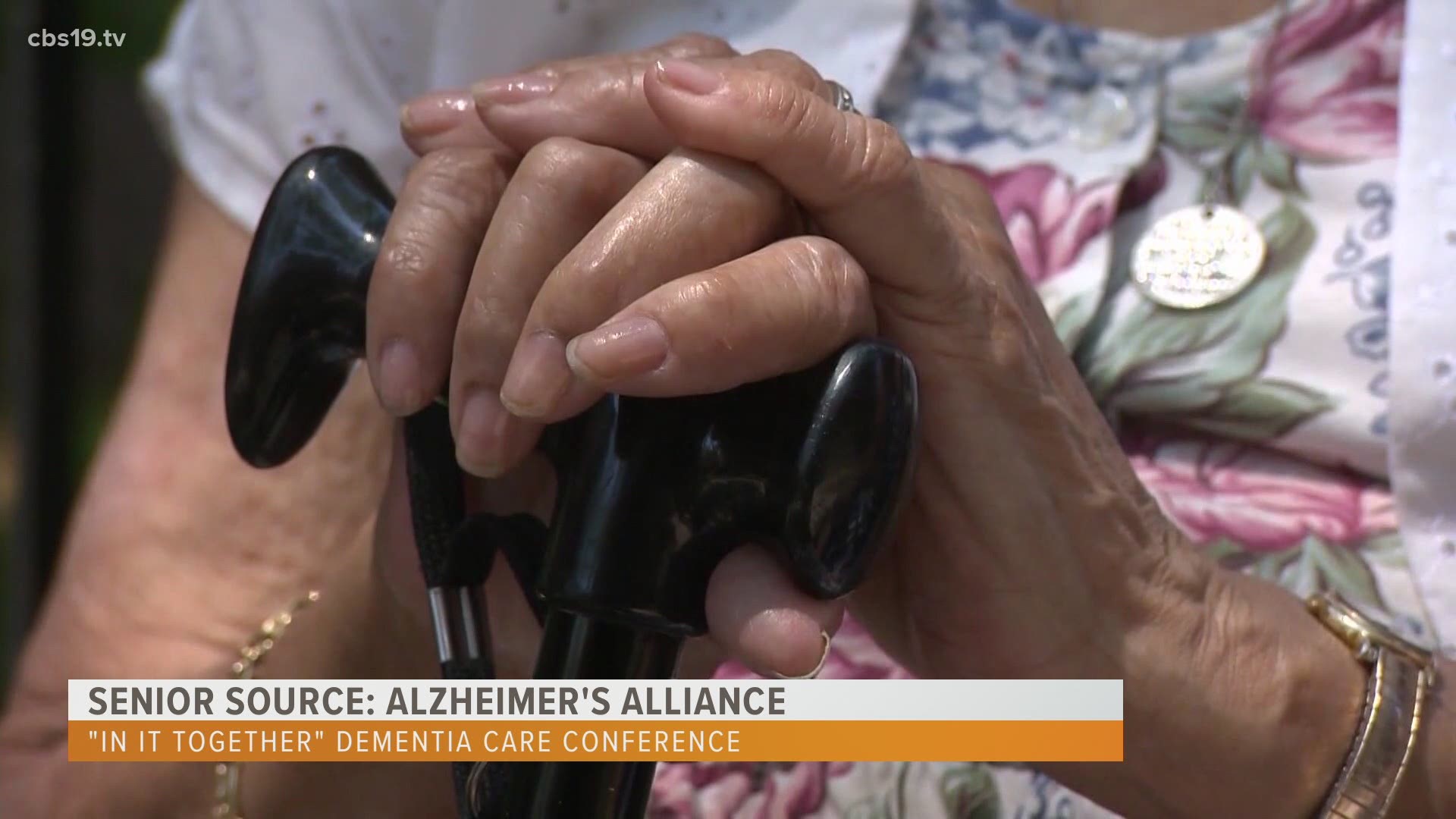1. Seek Support From Other Caregivers
Seek support from other caregivers. You are not alone! Whether it’s exchanging ideas and tips, finding encouragement through the grief that can accompany the disease, or learning about valuable resources and partners—a support group is an affirming and safe place to share your journey. The Alzheimer’s Alliance of Smith County works with nine such support groups throughout Smith County.
2. Take Care of Your Own Health
Take care of your own health so that you can be strong enough to take care of your loved one. Visit your doctor regularly. Watch your diet, exercise and get plenty of rest. Making sure that you stay healthy will help you be a better caregiver. Remember, physical activity—in any form—can help reduce stress and improve overall well-being.
3. Accept Offers and Suggest Things People Can Do to Help
Accept offers of help and suggest specific things people can do to help you. Trying to do everything by yourself will leave you exhausted. Seek the support of family, friends, and caregivers going through similar experiences.
4. Learn to Communicate Effectively With Loved Ones
Learn how to communicate effectively with your loved one. As the disease progresses, new caregiving skills may be necessary. The Alliance can provide strategies to help you better understand and cope with the behaviors and personality changes that often accompany Alzheimer’s.
5. Carve Out Time for Yourself
Caregiving is hard work, so take respite breaks often. Make time for yourself. As a caregiver, it’s hard to find time for yourself, but staying connected to friends, family, and activities that you love is important for your well-being. Even if it’s only 30 minutes a week, carve out a pocket of time just for yourself.
6. Watch for Depression
Watch out for signs of depression and don’t delay getting professional help when you need it. In partnership with the University of Texas at Tyler Memory Assessment and Research Center, counseling is available, through the Alliance at no cost to families.
7. Be Open to New Technologies
Be open to new technologies that can help you care for your loved one. Because wandering is such a common behavior in persons with dementia, anyone with Alzheimer’s disease is at risk of wandering at any time, even if wandering or getting lost has not been a problem in the past.
Project Lifesaver is a program offered by the Alzheimer’s Alliance of Smith County in coordination with the Smith County Sheriff’s Office and the Tyler Police Department. The participant wears a waterproof transmitter bracelet that emits a radio signal unique to the wearer. If the person is reported wandering or missing, the device can be tracked by law enforcement.
8. Organize Medical Information
Organize medical information so it’s up to date and easy to find and make sure legal documents are in order. The Client Services Director at the Alliance can assist with evaluating and recommending the appropriate medical and legal information that you may need.
9. Become an Educated Caregiver
Become an educated caregiver. Knowledge can be empowering and encouraging on your journey with Alzheimer’s disease or related dementia. The Alzheimer’s Alliance offers educational workshops, seminars, and conferences throughout the year on topics such as compassionate communication, caregiver support, legal and financial planning and dementia 101.
10. Give Yourself Credit for Doing the Best You Can
Give yourself credit for doing the best you can in one of the toughest jobs there is! Our Client Services Director meets with persons who have Alzheimer’s disease or other dementia types, their caregivers, family members, and friends. Typically, people first contact the Alzheimer’s Alliance when memory loss is suspected, a referral to a community service is needed, or guidance is needed in a specific situation. The most helpful guidance begins early in the disease process!
The original combined article can be found in the Aging Insight vol. 1 Tyler edition 2017 and this Care Giver Action Network publication



